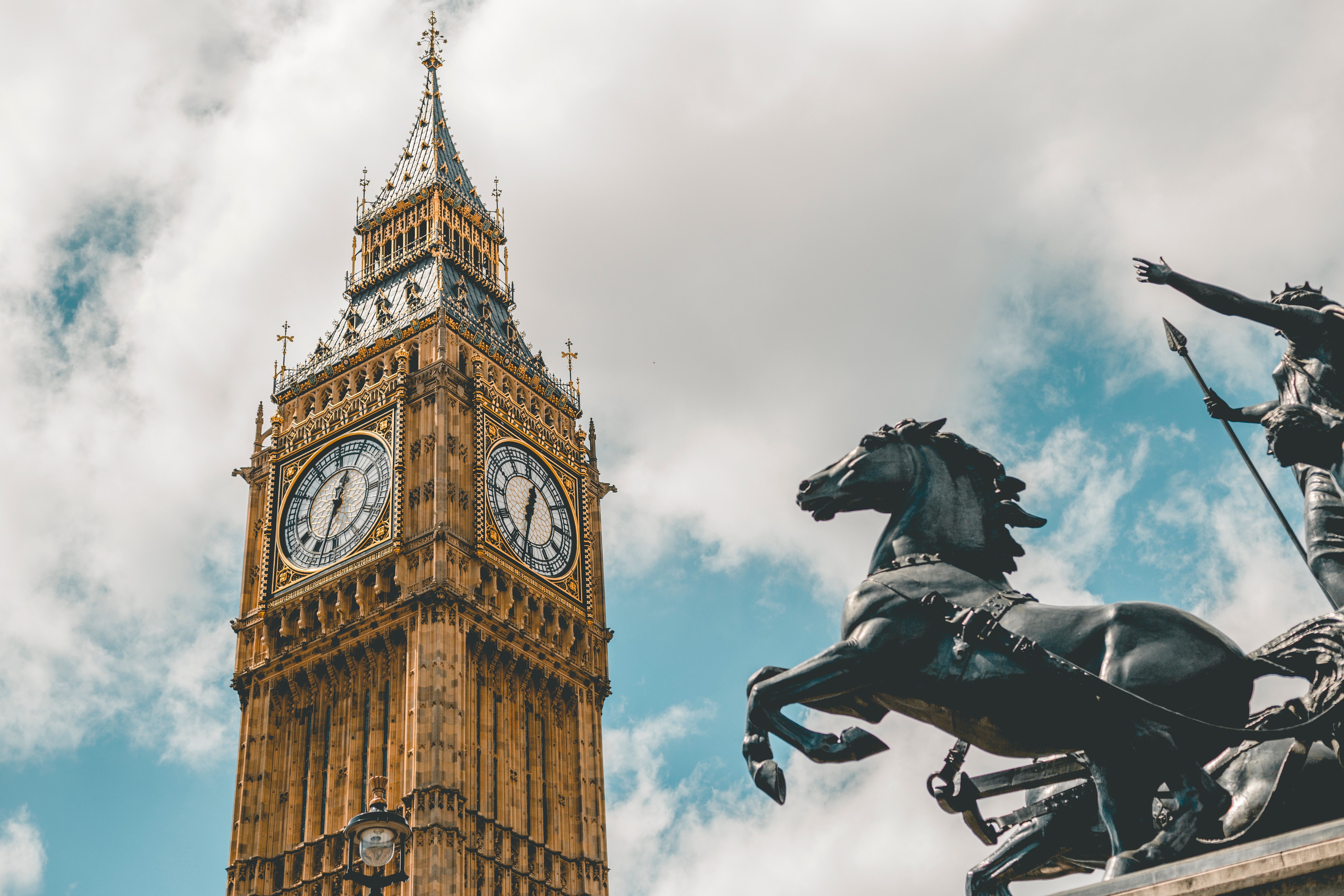The EU Charter has been a hot topic during the Brexit debate, and a dividing line between the major parties.
The Conservatives, for example, have clearly stated that the Charter will have no effect in the UK after Brexit, while both Labour and the Lib Dems says they would have it incorporated into British law.
But what even is the EU Charter? How is it different to the European Convention on Human Rights, and will we lose rights if it is lost?
Let’s go back to basics, so what is it?

Image Credit: Emily Morter / Unsplash
The EU Charter of Fundamental Rights sets out certain political, social and economic rights that EU institutions must respect when exercising their powers. This means that the European Council, the European Parliament, the European Court of Justice, and any other body or institution of the European Union must respect these rights when they are making laws, deciding cases, or acting in an official capacity.
EU Member States (such as the UK) need only respect these rights when they are implementing European Union law. This means that the UK is only required to take the Charter into account when it is incorporating some part of EU law into its national law. While this is rare, it can involve some important areas like immigration and employment law.
The UK government does not need to consider the EU Charter when it acts on matters outside of EU law, and the Charter is completely separate to the European Convention on Human Rights (ECHR).
Do we need the EU Charter and the European Convention on Human Rights?

Image Credit: John Mark-Kuznietov / Unsplash
The EU is not a signatory to the ECHR in its own right (the issue is still being disputed), so the ECHR does not apply to the making of EU law and other official acts of EU institutions. The EU Charter was created to bridge this gap in protection, ensuring that EU law is made with respect for human rights.
The EU Charter replicates the rights in the ECHR and adds in some new ones, such as:
- a guarantee of human dignity (including bioethics);
- a right to physical and mental integrity (including rights around personal data);
- a prohibition on human trafficking;
- the right to conscientious objection;
- a right to marry that is not restricted to different-sex couples;
- a right to asylum; and
- a range of social and workers’ rights, including the right to fair working conditions, protection against unjustified dismissal, and access to health care, social and housing assistance.
How does the UK feel about it?
Not great, but then it never has! Even while the Charter was being negotiated, the UK was mostly opposed to it. When the Charter was given effect by parliament, some in the UK were concerned that its provisions could be used to overturn existing laws. To address these concerns, the government negotiated an additional section to the Treaty of Lisbon – known as Protocol 30 – which makes it clear that the Charter does not give EU or UK courts new powers.
Following an EU court ruling in 2011, it was made clear that Protocol 30 did not exempt UK courts from having to comply with the Charter – something which the government had already accepted.
What does Brexit mean for the Charter? Will we lose some rights?

Image Credit: Jurica Koletic / Unsplash
The government clearly said in the explanatory notes for the European Union (Withdrawal) Bill that “the Charter of Fundamental Rights is not part of domestic law on or after exit day,” making it clear they intend to scrap it.
Some organisations (like the Equality and Human Rights Commission), are worried that when the EU Charter loses effect in the UK, some rights that are not protected by the Human Rights Act will be lost.
Similarly, Labour’s Keir Starmer has said keeping the charter will be part of his “six tests” which will decide whether the party will support any exit plans. Former Lib Dem Leader Tim Farron has also hailed it as a “cornerstone of what makes Britian what we are”.
When the areas previously decided by the EU (like workers’ rights and environmental law) are returned to the UK, the UK government will not be obliged to make laws that respect the extended rights in the Charter. For example, if the UK makes laws about workers’ rights after Brexit, it will not have to adhere to the right to fair working conditions in the EU Charter.
Dr Tobias Lock of Edinburgh University has argued that removing the Charter from the UK legal order will have three consequences:
First, it will lead to a reduction in substantive rights available to persons living in the UK.
Second, it will lead to a loss of EU law remedies. The disappearance of the Charter from the UK legal order will end the possibility of reviewing Westminster primary legislation as to its compliance with Charter rights where the legislation was enacted within the scope of EU law.
Third, Brexit will make it impossible for persons living in the UK and for the UK itself to effectively challenge EU legislation which infringes human rights.
It has also been highlighted that, although the Charter will cease to have effect in the UK on the day it formally withdraws from the EU, some ‘residual effects’ will remain. For example, the so-called Great Repeal Bill, which will convert all EU law into UK law on ‘exit day’, will already have been made in adherence with the Charter.
Want to read more? Follow the links below:
- Learn more about the EU Charter here.
- Check out this guest post by Angela Patrick on the Great Repeal Bill.
- Read about the British origins of the European Convention on Human Rights.






